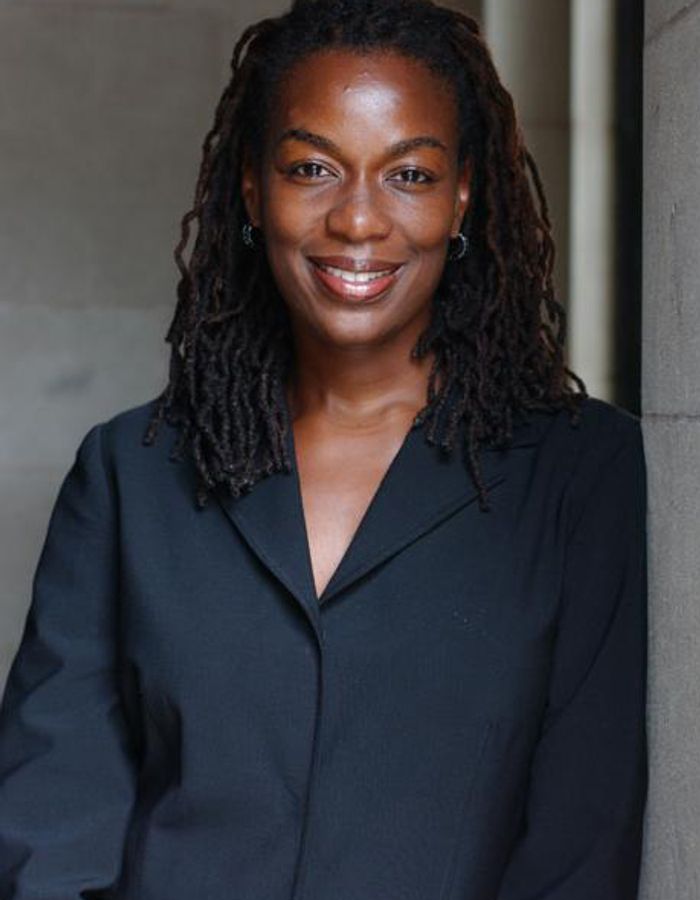Matt Navarra on the social media trends for 2020

The tenth episode of the Reclaim Social Podcast is now live! 🎉 We’ve talked to Matt Navarra, Social Media Consultant and Expert, about the social media trends for 2020 and how to make the most of our social media presence on each platform.
In case you’ve missed it, we’ve also talked to Matt Navarra for our ninth episode of the #ReclaimSocial podcast to find out more about his experience and passion for social media.
This time we’re focusing on the social media trends for 2020 and how they could affect our work around social media, digital, or comms and marketing. Enjoy the episode!
Listen to the tenth episode
Find the Reclaim Social Podcast on:
iTunes / Spotify / Soundcloud
Matt Navarra and the social media trends for 2020
Here are a few excerpts of the things that we’ve talked about on our latest episode.
What are the key social media stories from 2019?
Well, there’s quite a lot that’s gone on the majority of the news headlines, unsurprisingly, and based on previous years has been the same as well, is about Facebook. We’ve also seen a lot about TikTok. Is it going to have the same challenges and problems that other social platforms have faced? That’s been an interesting area of development this year, as well. And also just seeing how the other platforms start finding new ways to keep our attention on their platform because it’s a constant challenge. They’re always competing with new apps and new messaging products that are coming out.
How should we prepare our strategies for 2020?
Well, some of the main things now are still relevant from last year. That’s around private messaging and groups. These are areas that are continuing to be the destination of choice by many social media users to share things and to engage with friends family and people they don’t know, but they’ve met online. So working on developing a community on a platform that you think is best for you, that is more private and more kind of closed is something that people should be considering if they haven’t done already.
I think that short-form video is going to have an interesting year because we not only have we seen the rise of TikTok with its kind of more irreverent fun style short-form videos. And we’ve also now got an app that’s going to be launched shortly, more publicly too called Byte, which is by the creators of Vine. For those that remember, it was a short form six-second looping video app that was eventually bought and owned by Twitter but was killed. It was good but the Byte is In the final stages of testing, and that will come out and so that’s at the end, that’ll be, you know, two or three platforms out there, then that are more around the short-form video. I suspect that those platforms will actually go towards offering longer-form versions of the content as well.
And I think that it’s going to be a lot about niche apps that we’ve had these big platforms that everyone knows and most people love it the people have a favourite whether it’s Instagram or Snapchat versus Facebook, Twitter or LinkedIn, whatever else. But there are also lots of apps that are coming out that are for more niche users. So we’ve seen Twitter’s always been quite popular, but that’s increasingly becoming popular for those interested in gaming, of course, and then there are apps like Nextdoor, which is more about your local community much more where you are geographically around your neighbourhood, for managing and social and discussing things around things that going on in your local area.
And I think that there seems to be some also a shift towards the creative tools that are coming out. The last year or so we’ve seen platforms, particularly Facebook and Instagram, providing a much more of a service to the content creators. So we’ve seen the Creative Studio launched. We’ve seen a lot more tools within Instagram Stories and other platforms to not only just stick stickers on now and draw over your images and clip videos, there’s just a whole massive range of other things as well that you can do to make your content really interesting and stand out but also to manage it. They’re making it even easier and cheaper and quicker for those that are in the social media industry to manage their content and also develop relationships with brands for creating influence, so kind of content as well. So we’ve seen the brand collaborations tool from Facebook as an example of that. So all of these things are in the pipeline. And I think we’ll see more of in the year ahead.
What do you think of the idea of Facebook and Instagram hiding the number of likes?
I get the impression that they’ve already been testing it in a certain number of areas or countries. And then they’ve expanded that test wider and wider, which to me gives me the sign that they’re seeing that it is having a positive effect or is not having a damaging effect on the experience or on their businesses, because clearly, it’s not just about what we want, it’s also what makes the business generate profit for them. So I think from that point of view, we’ll probably see them expand it and see more of it.
As regards the other platforms, I would suggest that if one of them does it, the others will slowly follow in terms of how successful it will be in terms of what it’s trying to achieve, which is to take people’s focus off of like counts and seeing which is the most popular and actually focusing on the content. So it’s not so much of a competition for likes, and making sure that the platforms are less addictive in terms of trying to be better than other people and things. I think it is a positive step. I think to some degree it will have positive results. It will achieve what it sets out to achieve. There are people who are shouting about the fact that it’s not great for creators and influencers, we don’t know what content we’re doing is working and it’s going to damage our industry, I think if they’re missing the point slightly because this is not stopping them from seeing how successful their content is in terms of likes, because you can still see that for the platforms that testing it. This is more for those that are looking at your content from the outside in and viewing the like counter, which will no longer be there. So I think the worries that those people have expressed unfounded at this stage.
Another app that’s really growing especially the last year was TikTok. Why do you think is it so appealing?
It’s been successful for a variety of reasons. And some of them are the fact that the company that owns it, a Chinese company has spent a fortune, millions and billions of pounds in advertising and marketing it to get it in front of people. And that has had a huge success for them to get new users. I think that it also plays on all the things that have been successful in similar platforms like whether it be Snapchat and Vine and others in terms of the kind of quick and snackable content that is easy to get into and get out of.
I think also that TikTok got a really good algorithm. It seems to be a common kind of remark about TikTok that it’s incredibly good at learning what you tend to like on the field that you’ve set up. And then when you go back there, it gives you more and more of it and it becomes dangerously, I guess, addictive to some people. But sometimes, that’s quite a nice thing. It’s addictive because it means it’s good. It’s dry. It is interesting to me. So I think that that’s part of the reason why it’s also been successful. And I think also, one thing that’s different from other platforms is that it’s not the polished, perfected Instagram style Story videos that we see. It’s about actually people thinking, ‘I don’t care if I’ve got makeup’, and they look the best and ‘I don’t care if I look stupid and silly’.
I don’t know, I wouldn’t want to say in five years time, whether it will still be around. There’s a good chance it will see in a couple of years time that the novelty does wear off. But certainly, it’s concerned the likes of Facebook enough that they’ve created their own version of a TikTok. And it hasn’t been that successful for them yet, but I’m sure that Facebook will continue to throw new features or new versions of something similar to see if it can make its own version of it because that’s how Facebook tends to work. It either copies or it buys it or abandons it.
Social media success comes down to two things. Knowing your audience and creating well-made content.
How can we educate people expecting big social media success from one day to another?
When everyone asks you what’s the most important thing and everything else is always about? Well, two things. One is knowing your audience because if you know what your audience is, who they are, where they are, what they like and what they’ve liked in the past, and then you pair that with very, very well-made content that doesn’t mean very well made in the sense it has to be well polished and produced that’s high end expensive, it can be you can do it for less than a couple hundred pounds. It doesn’t always matter about the production value. It’s more about it matching up with both the expectations and what your audience enjoys. If you make really good content and post it in the right places at the right time, to the right people, then content and audience are the main things to focus on.
More questions
- What’s everyone’s role in staying more protected after the era of Cambridge Analytica?
- Is Instagram taking over Facebook’s popularity nowadays?
- What’s the actual difference between Facebook and Instagram Stories?
- Have you ever had questions from younger social media managers or those who are considering jumping into the industry on the kind of skills that they need to have in order to start getting into that field?
- How do you see the future of social media? Can we actually be optimistic about it?
Listen to the tenth episode
Sign up to get notified when the new episode comes out
Follow Matt Navarra
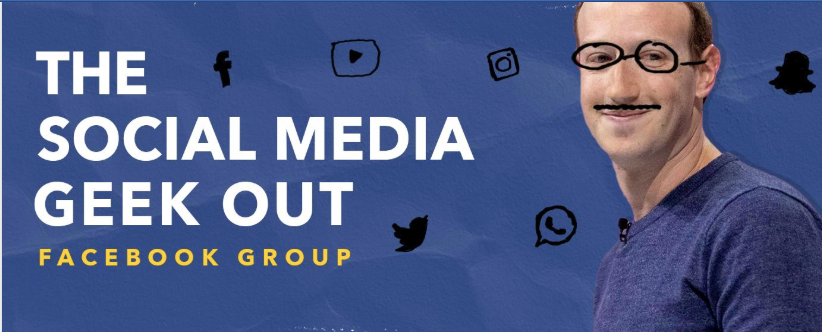
Here’s how you can follow Matt Navarra:
Subscribe
If you enjoyed this episode, make sure you subscribe to check out the next ones with more exciting guests
iTunes
Spotify
Soundcloud
Latest articles
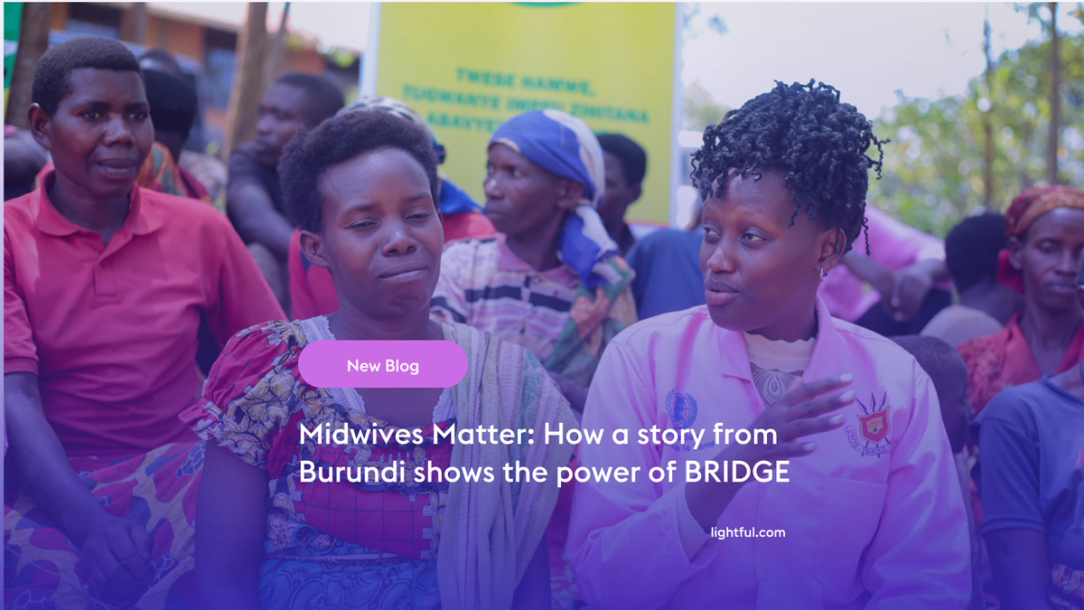
Over the past year, Lightful and the International Confederation of Midwives (ICM) have supported Midwives Associations across Africa, South Asia and the Eastern Mediterranean to build their digital confidence through our BRIDGE programme. These organisations were starting from very different places, but all shared the same goal: to use digital tools to strengthen their voice, raise their visibility and advocate for better outcomes for women and babies.
Related posts
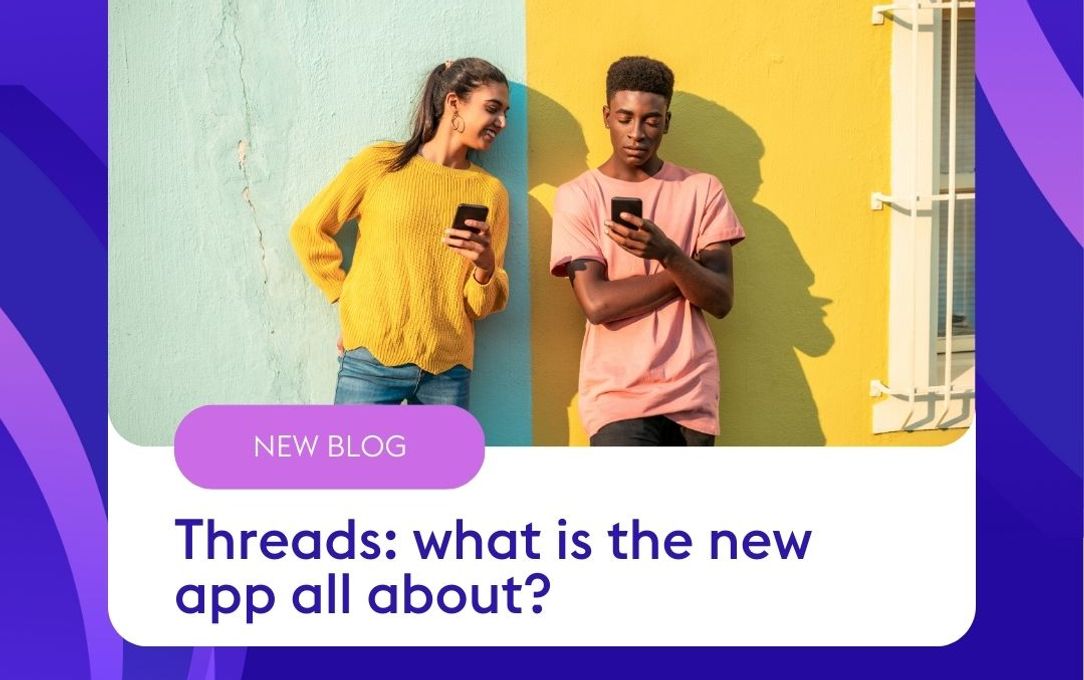
Meta’s latest app gained over 100 million users in just a few days, becoming one of the fastest growing apps ever. To put this into perspective, it took two months for Open AI’s ChatGPT to reach 100 million users, and we thought that was fast!
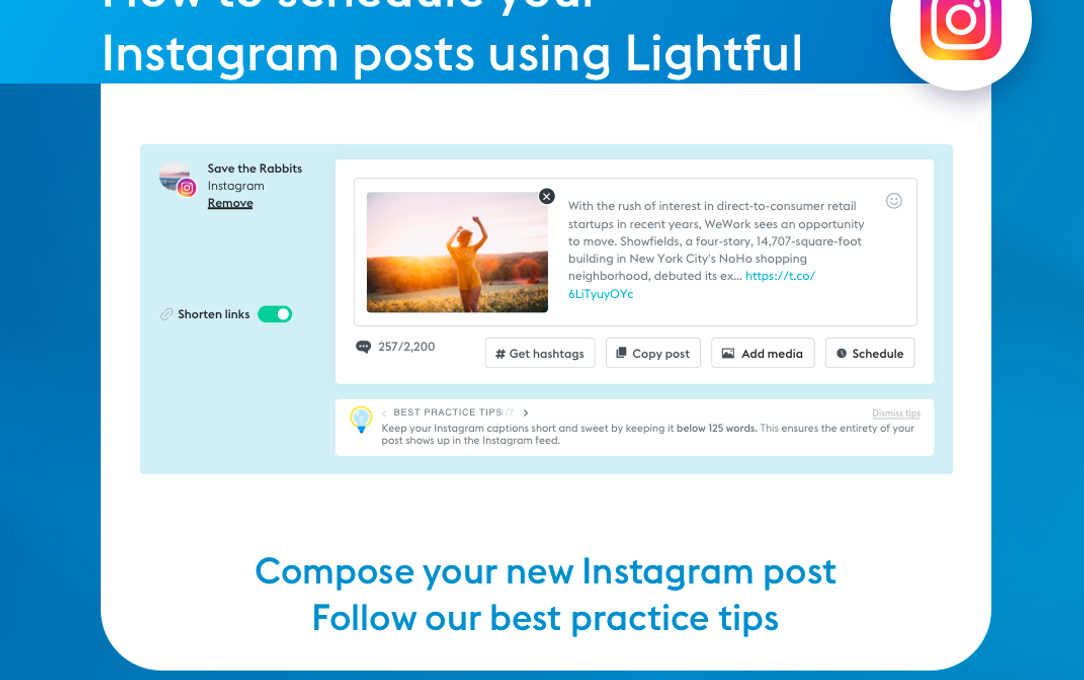
Instagram is a visual channel that helps you build an engaged community of people who are following your cause.
See who we help
Contact us
Want to learn more?
Email Jonathan and start a conversation






